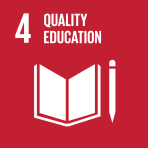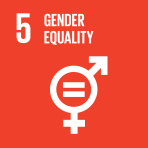-
Community resilience: Insights from UNICRI experience in the Sahel-Maghreb
- Source: Freedom from Fear, Volume 2018, Issue 15, Jan 2020, p. 8 - 11
-
- 08 Jan 2020
Abstract
In physics, “resilience” is a measure of how well a material, such as rubber or metal, responds to pressure by bending, adapting, and changing, without breaking. However, this concept is more than a scientific term. Resiliency can also describe a community’s ability to bounce back from pressures, including natural disasters, economic downturns, and - in the case of UNICRI’s Pilot Project on Countering Radicalisation and Violent Extremism in the Sahel-Maghreb - violence and terrorism. In the Sahel and Maghreb, the pressure on communities is certainly intense, and ever-growing. Conflicts in Libya and Mali threaten to spill over porous borders, while drought and desertification have increased food insecurity and heightened intercommunal tensions. Increasingly active extremist militant groups have brought violence and chased out tourists, which once had been an importance source of income. Now, more than ever, an approach aimed at building the resilience at a community level is needed - one that can empower communities to respond to these pressures by adapting and changing, without “breaking” and entering into conflict.





